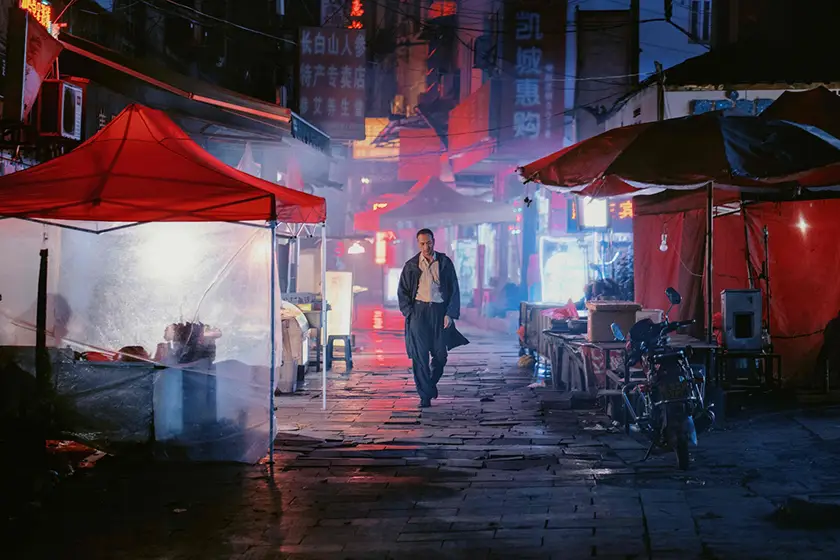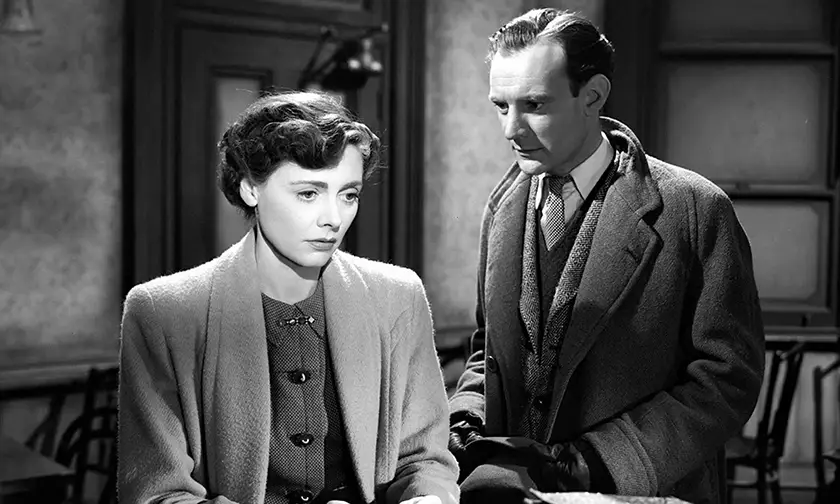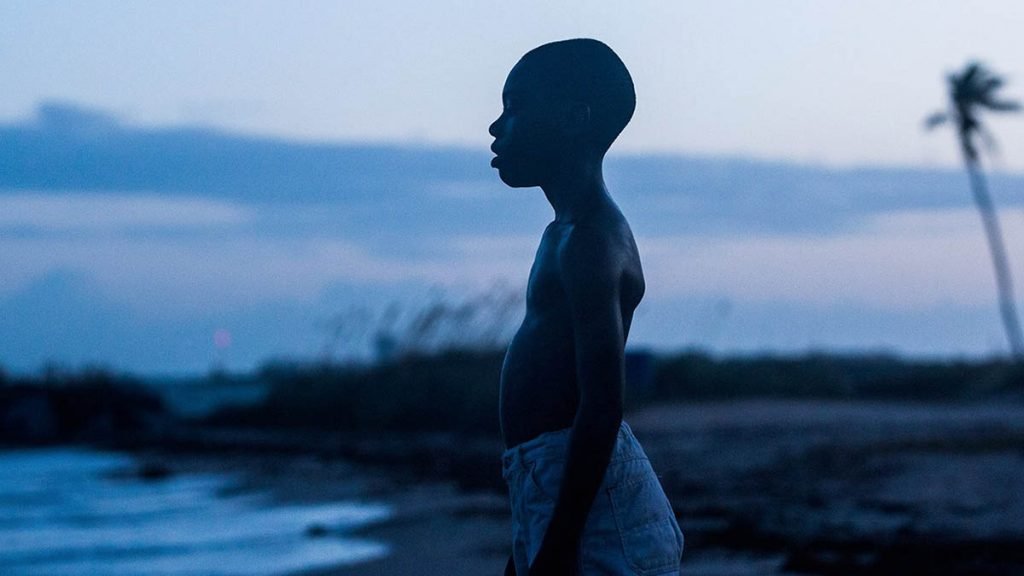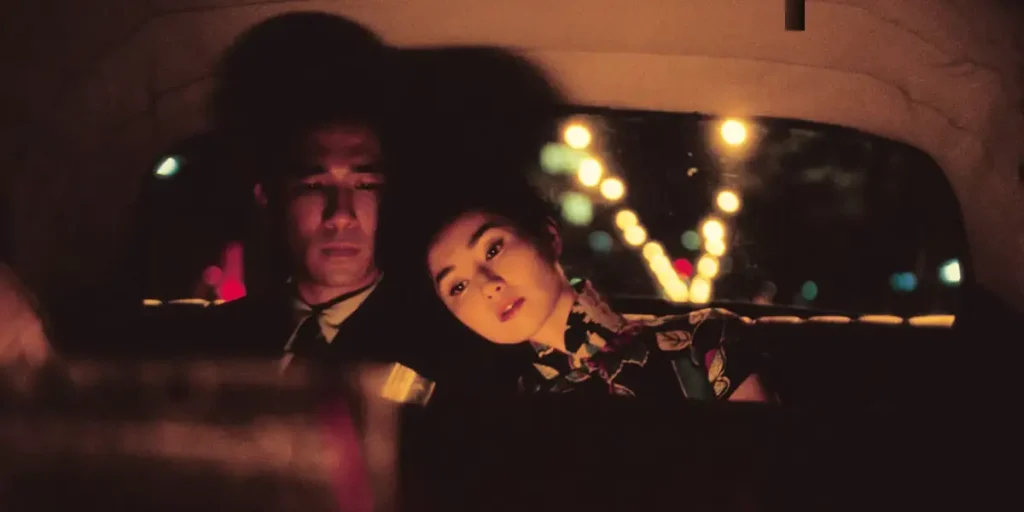A list of 5 movies to watch if you liked In the Mood for Love, that showcase the desperate yearning for love and connection in different ways.
This year marks the 25th anniversary of In the Mood for Love. When a man (Tony Leung) and a woman (Maggie Cheung) in unfulfilling marriages realize their spouses are having an affair, they seek comfort in one another, but before they know it, they’ve fallen in love as well. If you’re anything like me, the mesmerizing strings of Yumeji’s Theme haven’t left your head since you first watched Wong Kar-wai’s tale of love, yearning, and loneliness.
Since the release of the film 25 years ago, In the Mood for Love has established itself as not just one of the most heartbreaking romances, but one of the greatest films of all time, period. Audiences and critics alike have fallen in love with the doomed relationship that unfolds between Tony Leung and Maggie Cheung, while filmmakers are inspired by the breathtaking formalism Wong Kar-wai brings to this story. If you’re a fan of the movie like the rest of us, then here’s a list of 5 movies to watch if you liked In The Mood for Love, in no particular order!
1. Portrait of a Lady on Fire (2019)
Céline Sciamma
If In the Mood for Love is the poster child for hopeless yearning in cinema, then Portrait of a Lady on Fire became its sibling when it was released in 2019. Like Wong Kar-wai’s classic romance, it’s not a movie about big love confessions or dramatic weeping after a heartbreak. Portrait of a Lady on Fire is about quick glances and light touches. Similar to In the Mood for Love, small actions like the brushing of arms as you walk past one another become the biggest moments.
The film is about a painter (Noémie Merlant) who’s hired to paint a wedding portrait of Héloïse (Adèle Haenel), a young woman who was married off to a stranger by her mother. Héloïse can’t know that she’s being painted, and so the painter is sent to accompany her during walks and make mental notes for the evening. They quickly get to know each other intimately from close observation of one another, and the mix of repressed emotion and hidden secrets creates a passionate tension between them.
2. Long Day’s Journey Into Night (2018)
Bi Gan

Just earlier this year, Bi Gan won the Jury Special Prize at Cannes for his newest film, Resurrection. His previous movie, Long Day’s Journey Into Night, didn’t win any major awards, so let me be the one to tell you that it’s one of the greatest cinematic achievements of the 21st century, and I’m not even talking about the magnificent 50-minute long take that it ends with. The plot is deceptively simple: a man (Huang Jue) returns to his hometown, Kaili, to find the woman he once fell in love with (Tang Wei). It would be near impossible to describe what actually happens in the movie, though. It’s a story filtered through memory and dream logic, with pure emotion as your only guiding light.
In the Mood for Love also uses memory to create a dreamy atmosphere, though Long Day’s Journey Into Night takes it to another level, but there are more similarities than that. Like Wong Kar-wai, Bi Gan showcases a real love for texture and surfaces here. The crumbling walls, wet streets, and smoke coming off of cigarettes could be right out of In the Mood for Love. There’s even the repeated use of a beautiful instrumental that accompanies key moments.
3. Brief Encounter (1945)
David Lean

David Lean’s Brief Encounter feels in many ways like an Old Hollywood version of In the Mood for Love. Laura Jesson (Celia Johnson) is trapped in an unhappy relationship when she meets doctor Alec Harvey (Trevor Howard). They become acquaintances who meet weekly, but more complicated emotions quickly sneak in. One of the beautiful things about Brief Encounter compared to many other Hollywood romances is that it doesn’t rely on the instalove trope whatsoever. They really are just friends when they first meet, but as they spend time together, they happen to fall in love. Just like we learn to love the two through watching them.
One of the most beautiful moments of In the Mood for Love is when Tony Leung expresses his love for the first time: “Feelings can creep up just like that. I thought I was in control.” Brief Encounter has a very similar moment when Laura remarks in narration, “I’ve fallen in love. I’m an ordinary woman. I didn’t think such violent things could happen to ordinary people.” Both stories are about the beauty of being in love, the lack of control over it happening, and the misery it brings when it’s the wrong person or time.
4. Decision to Leave (2022)
Park Chan-wook
Park Chan-wook is not really the director I would’ve expected such a deeply romantic film from, but with Decision to Leave he proved me wrong. When Detective Hae-joon (Park Hae-il) has to investigate the death of a man, he suspects the widow Seo-rae (Tang Wei). The film starts out as a classic noir, with Seo-rae as the perfect femme fatale who has Hae-joon in the palm of her hand. But as the web of lies and deception deepens, they have to admit to themselves that they both might be more emotionally involved in this than they’d like to admit.
Decision to Leave is probably the most different from In the Mood for Love out of any of the films on the list, but it’s that yearning for connection while being trapped in a never-ending state of loneliness that connects them. The sadness that comes with urban life is even more pronounced in Decision to Leave, and while In the Mood for Love might have forbidden love, Park Chan-wook delivers some exceptionally toxic love that will swallow you whole, resulting in a heartbreaking ending that will rip you to shreds.
5. Moonlight (2016)
Barry Jenkins

Barry Jenkins isn’t shy to mention the films and filmmakers that have influenced him the most. Alongside directors like Claire Denis and Lynne Ramsay, the name that keeps popping up is Wong Kar-wai. Even if he didn’t tell us, it’s not exactly hard to see in his work. Barry Jenkins has taken a little bit of everything: the quick glances and soft touches, the textures in his frames, the loneliness and longing in an urban city landscape, and the strings that accompany the images. For Moonlight, he has even taken the images from Wong Kar-wai’s work (in particular In the Mood for Love and Chungking Express) and directly recreated them in his world.
None of that is to insinuate in any way that Barry Jenkins doesn’t have his own unique directorial voice; if anything, it’s impressive just how clear his own voice comes through in his movies given how present all his influences are. But this tale of a young man’s struggle to come into manhood and accept himself for who he is is so clearly Barry Jenkins’ (even if it’s based on Tarell Alvin McCraney’s story).
Before I get to the end, let me cheat and give you an honorable mention. If you truly want more films like In the Mood for Love, then just watch more by Wong Kar-wai himself. His influence has reached so far for good reason; he’s a singular filmmaker that many have tried to imitate, but very few can even dream of reaching his heights. You can pick any of his movies; he’s the rare director with a basically flawless filmography, but if you want some more direction, you can either go with 2046, the direct sequel to In the Mood for Love that is perhaps the weirdest film Wong Kar-wai has made, or if you want something more classic, go with Chungking Express, another film about a couple of lonely souls in Hong Kong falling in love.
If you don’t want to go the easy route, or maybe have already seen all his films, the 5 movies mentioned in this list work perfectly to break your heart all over again, with many of them directly showcasing the influence Wong Kar-wai’s films have had in the 25 years since the release of In the Mood for Love.

